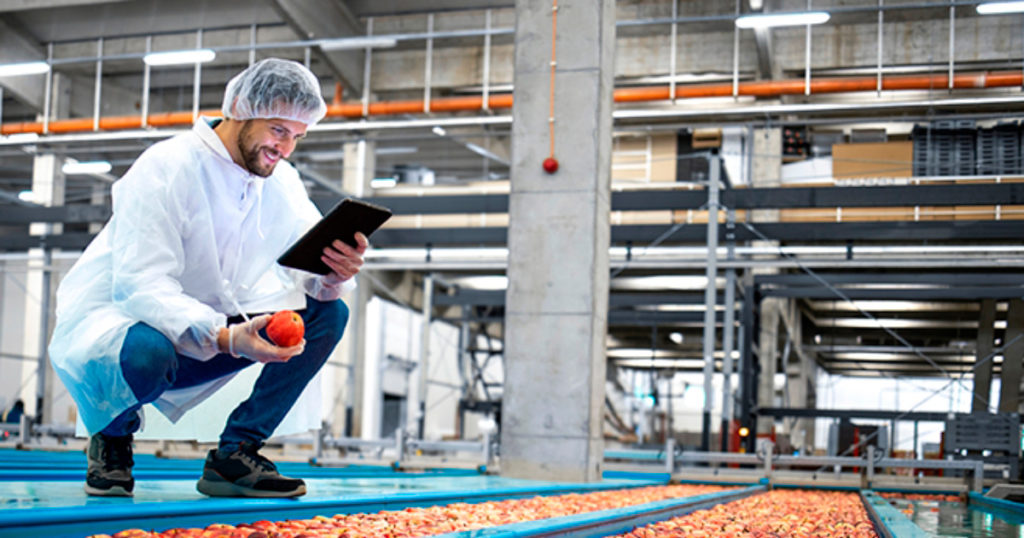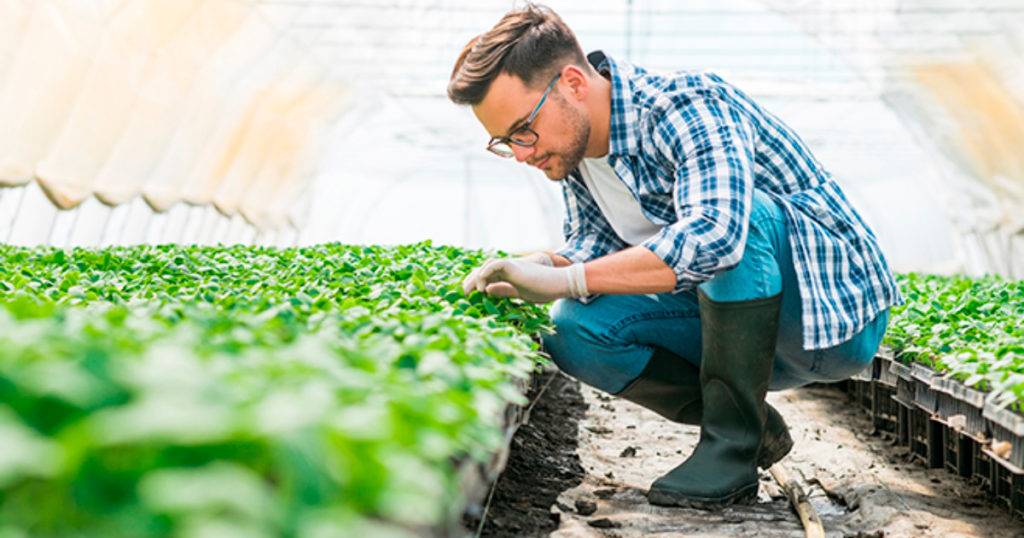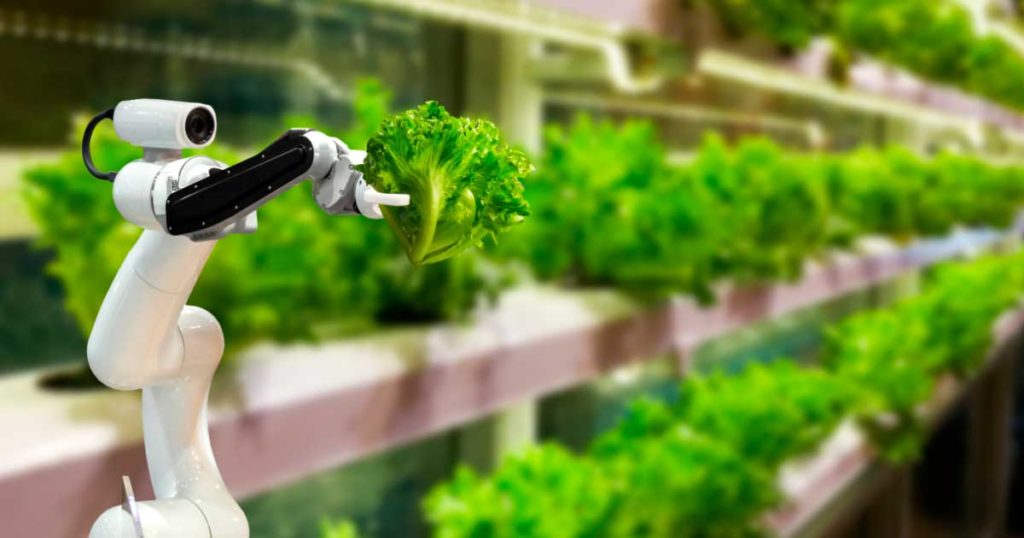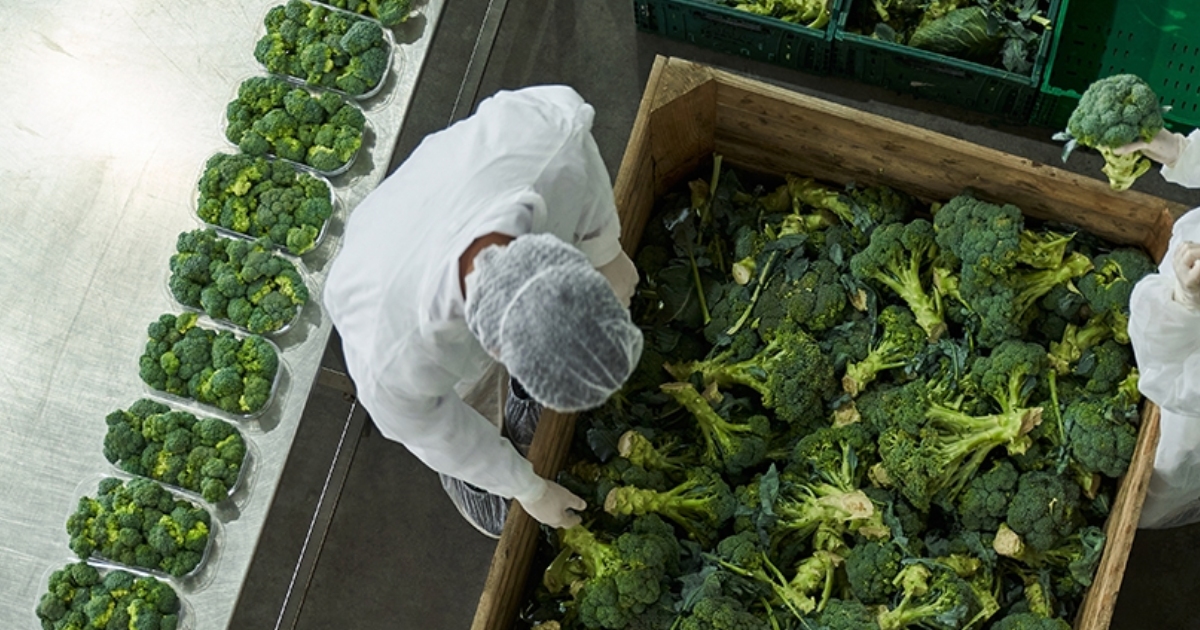In this blog, we talk about the rising global concerns around food security. We also discuss how modern approaches have improved consumption habits and nutritional awareness – while, resolving issues around wastage and costs and promoting sustainable practices for all.
Global Food Security: An Overview
Food Security is the availability of food in a country and the ability of its individuals to access safe and nutritive food that meets their dietary requirements and preferences for a healthy and active life. To achieve that, they must be able to afford and obtain the appropriate food materials. Higher rankings and scores indicate an abundance of food and, thus, a secure food environment.
As per global rankings, Finland ranks highest in overall scores and affordability. Despite improvements in food security for the past three years, the 11th Global Food Security Index (GFSI) shows continued deterioration. Global agriculture wastes over 28% of its products, according to reports. World hunger, climate change, economic insecurity, and increasing stress on limited resources are all caused by food loss and waste. In the last few years, there were significant gains in Affordability and Food Security, but recent world events have reversed this trend and widened the gap. This pushes the need for innovation to build a resilient supply chain and minimize negative impacts.

In terms of Affordability, Availability, Quality & Safety, Sustainability & Adaptation, the U.S. ranks 13th. For the world’s greatest economic power (based on GDP), a score of 78.0 is far from ideal. Despite the country’s massive agricultural output, rich natural resources, and economic self-sufficiency in several areas, a low ranking in the Food Security index is concerning. Annually, the U.S. alone incurs approximately 1 trillion USD in financial losses, 700 billion USD in environmental losses, and 900 billion USD in social losses from food loss and waste.

Foodservice Operators: A sustainable step to Reduce Costs, Wastage, and Carbon-footprints
With the pandemic compounding concerns about food insecurity and healthcare costs, it has also brought awareness of cost-effective and sustainable means for better nutrition to the forefront.
Resource depletion and environmental contamination are global issues needing immediate attention. In addition to responsible sourcing, handling, and locally procuring high-quality ingredients, there is also an interest in food provenance and safety. These conscious preferences have led to radical changes in personal dietary habits and significantly reduced associated costs.
Food quality and safety refer to our handling of fresh produce, raw materials, and ingredients. For example, a pile of freshly harvested produce immediately rustles up a healthy meal or is stored, frozen, or even hauled cross-country for later consumption. Processed food or cold-storage produce cannot match the nutrient quality offered by fresh picks. There is a high chance of the former being subjected to improper storage, incorrect handling, and contamination, having missed the use-by-date window making them unfit for consumption. An additional cost concern involves:
- Storage and transportation
- Wastage
- Spillage (besides the massive carbon emissions, another by-product of inter and cross-state transit)

Serving Up Solutions: How the market is addressing these challenges
There are options at our disposal to actively reduce food wastage and loss and avoid the associated costs, all of which are tied directly to having the right software to optimize operations.
A complete picture of waste allows operators to adjust inventory based on daily demand or consumption and automatically track items moving from place to place. Poor inventory visibility across multiple locations results in food waste when transferring it to another site in need. This visibility can include demand forecasting, lot tracking and menu scalability to avoid overordering. Implementing such solutions can improving inventory efficiency, reduce food costs by up to 3%, reduce waste by up to 3.75%, and quickly assist in case of a product recall.
As for security, there is software that can directly connect with the appropriate governing body’s database to auto-check ingredients. Some food service operators still perform this task manually, which welcomes to risk of human error. An example of these databases would be the United State Department of Agriculture (USDA) which lists tackling Food and Nutrition insecurity as a priority on its website.

Establishing a direct connection to their database ensures nutrition, allergen, and quality level compliance, aligning with the department’s goals. This is a small, albeit important measure in solidifying a sustainable and secure environment around food and avoiding unnecessary expenditures from an inefficient supply chain for the food service industry.



